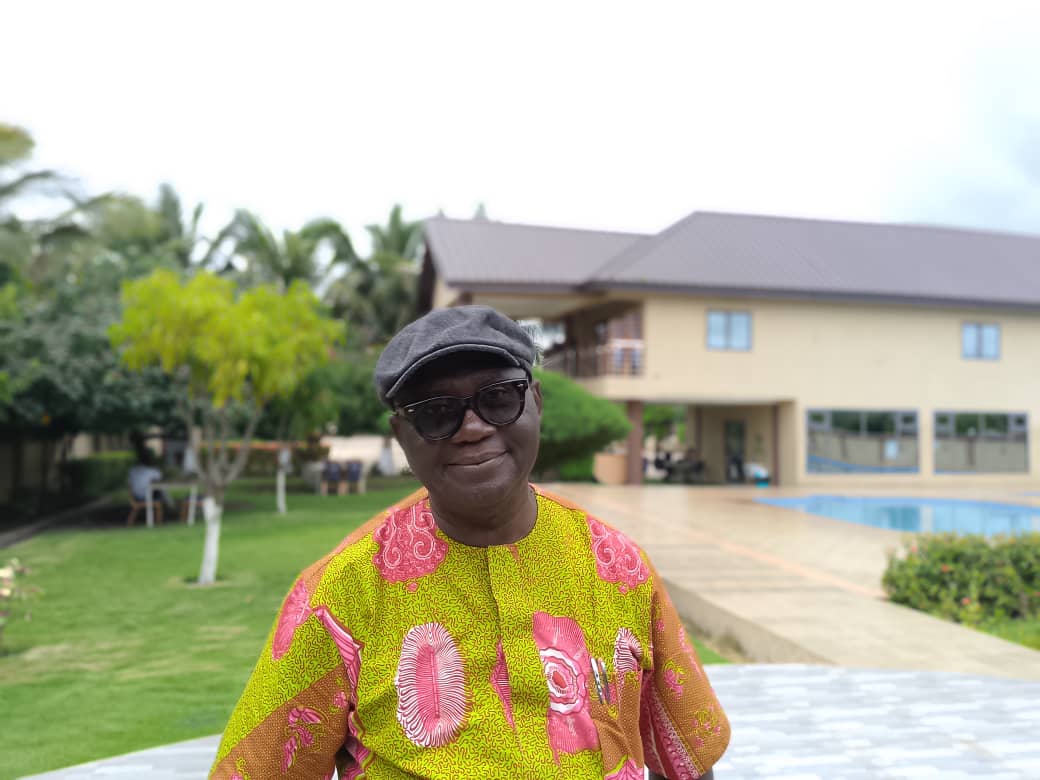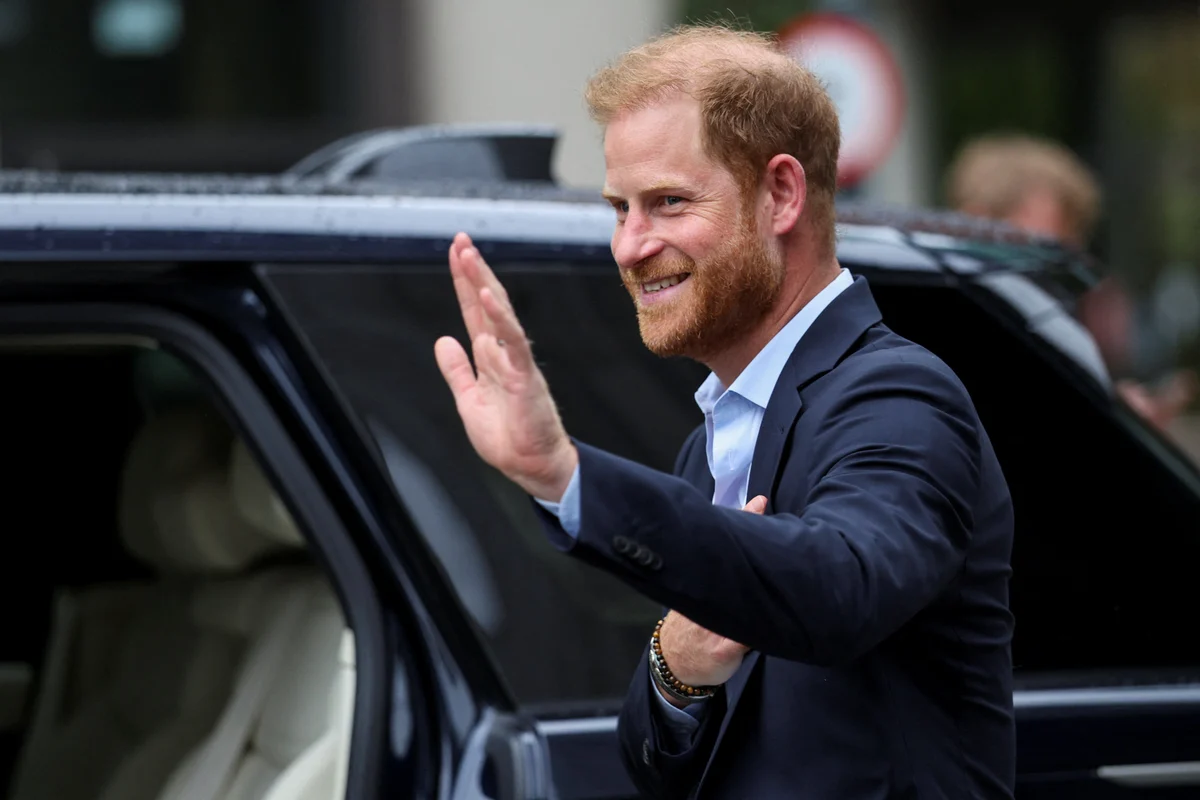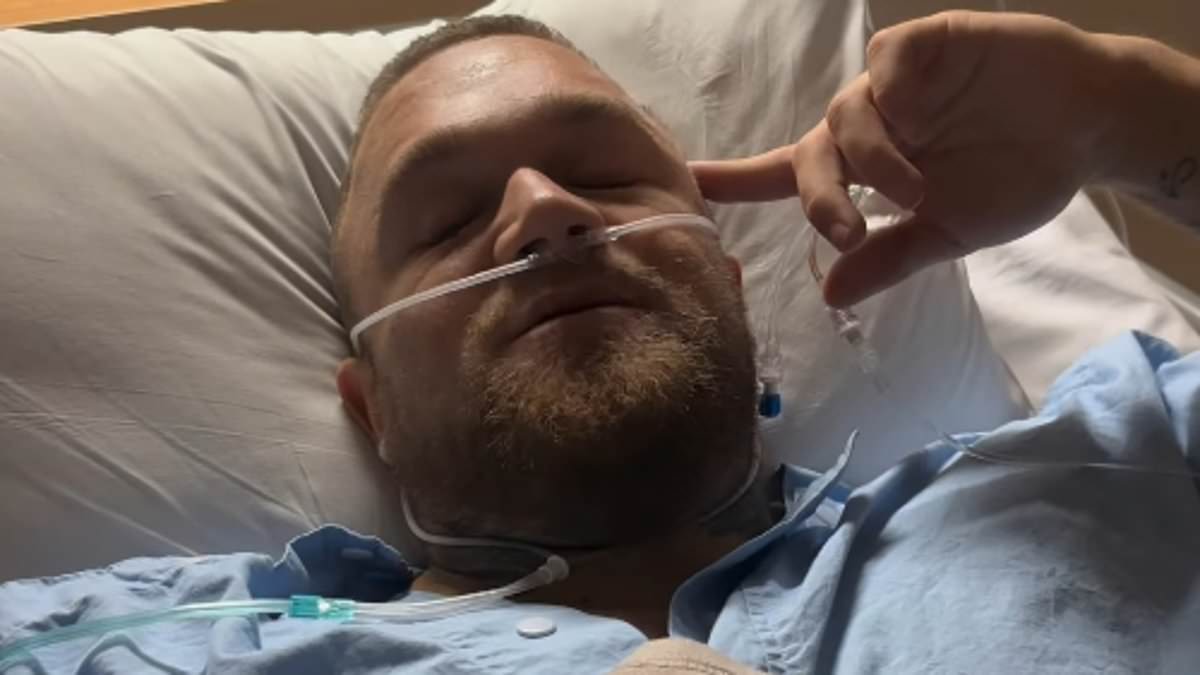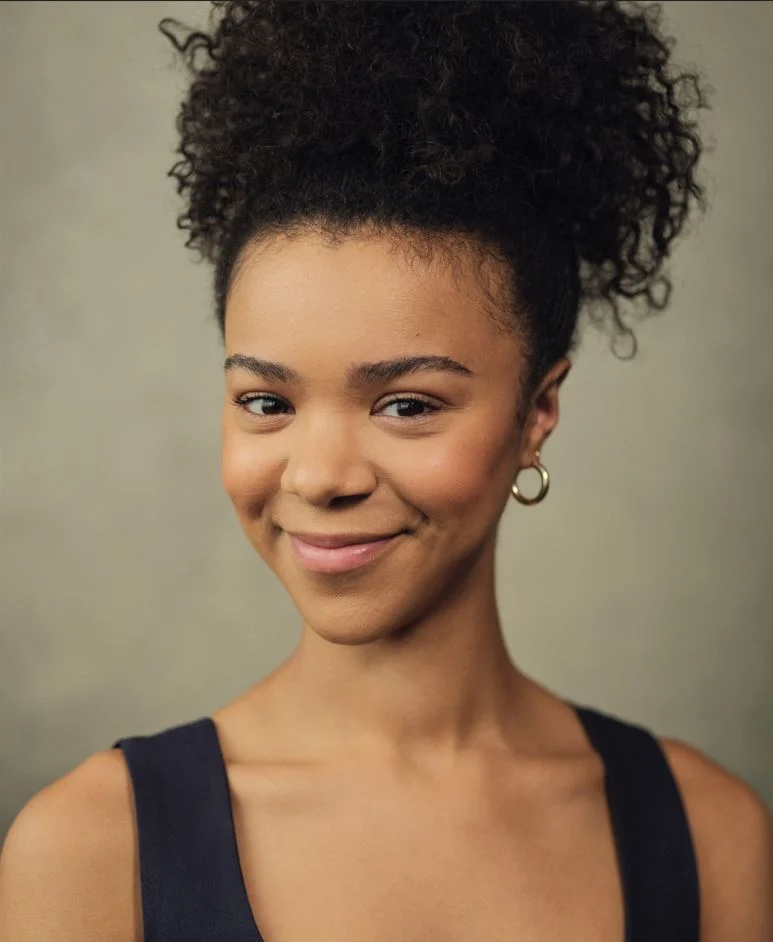By Mark Kwasi Ahumah Smith
Copyright a1radioonline

Renowned media practitioner and facilitator Kwesi Ghartey-Tagoe has emphasized the need for journalists to play an active role in shaping conversations on Adolescent Sexual and Reproductive Health Rights (ASRHR) and gender issues.
Speaking at a capacity-building training held in Bolgatanga on ASRHR and gender-related reporting, Mr. Ghartey-Tagoe explained that the media’s influence on society makes journalists critical actors in raising awareness and driving positive change. According to him, stories produced by journalists have the power to highlight challenges and inspire solutions, particularly in areas where adolescent health and gender concerns are widespread.
He observed that political discussions often dominate public discourse, overshadowing pressing social issues and leaving critical gaps in attention and action. He stressed that while policies exist to address these challenges, many remain only partially implemented. Consistent media reporting, he noted, could compel duty bearers to act.
“There are a lot of areas where even the policies we have in place are not being fully implemented. Therefore, if journalists come out and consistently talk about these things, duty bearers will sit up and begin to act,” he said.
Mr. Ghartey-Tagoe further pointed out that the Upper East Region has been identified as an area where adolescent health and gender issues are particularly prevalent, making it even more important for journalists to strengthen their reporting. He described empowering the media to take up this responsibility as a call to action to ensure these issues receive the attention they deserve.
“The Upper East Region has been chosen because of the prevalence of some gender issues and adolescent health concerns. The idea is for journalists to acquire skills in reporting on these matters, take them forward, and drive attitude change,” he explained.
A1Radioonline.com|101.1Mhz|Gifty Eyram Kudiabor|Bolgatanga



